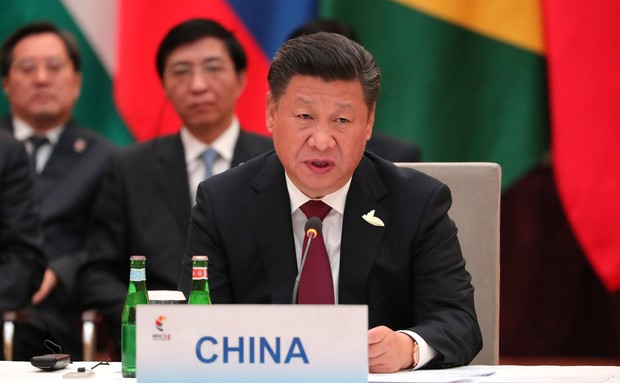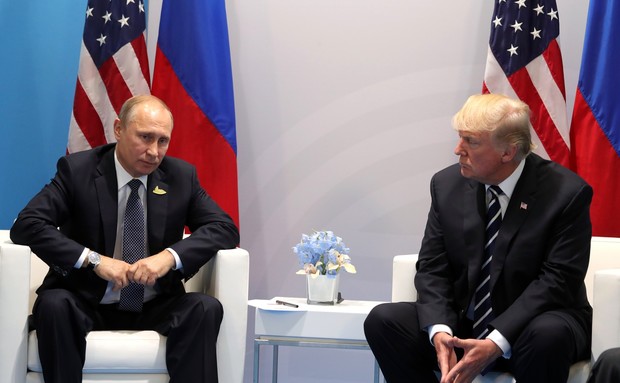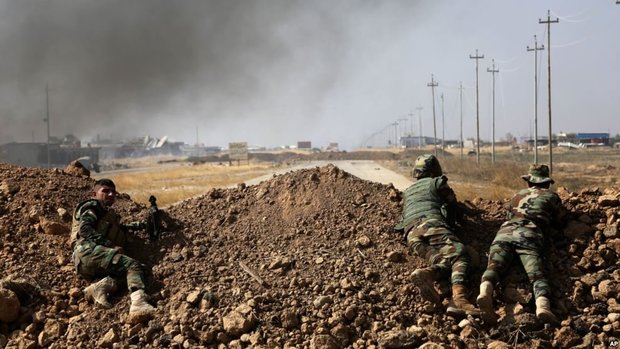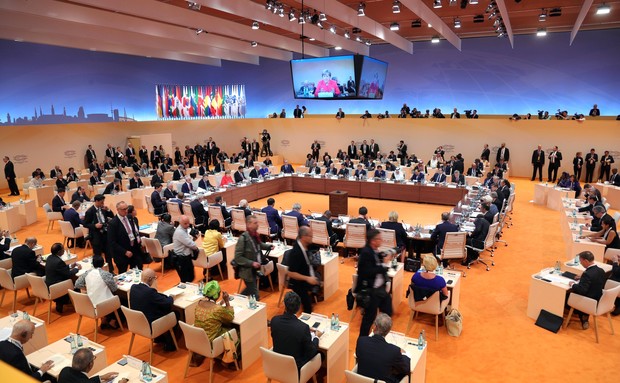International panorama: following G20 summit
Yulduz Khaliullin, the official of the Ministry of Foreign Affairs of the USSR and Russia in retirement, tells about the lack of stability in the world. Series 4
Hamburg has recently hosted G20 summit. A Soviet-Russian diplomat and Orientalist Yulduz Khaliullin in the newspaper column written for Realnoe Vremya tells about the meetings of world leaders held on the sidelines of G20 forum. The columnist of our newspaper in his review gives an assessment to the talks of the summit and events outside of it.
Some figures
Without exaggeration one can say that the first decade of July went under information onslaught of coverage of this major international event of this year, which one of the Russian commentators called the ''world geopolitics championship''. However, I cannot agree with this assessment, since a number of questions arise. Who is the winner? And who is the loser of this championship? Who are the judges?
I would like to start with assessment of the twenty states, leaders of which gathered in Hamburg, the second largest city in Germany. Here are some figures.
- 65% of the population of the 7-billion world live in these 20 states.
- G20 total share accounts for 80% of international trade.
- 90% of world GDP is concentrated in these countries (only 10% of GDP accounts for the other 180 countries).
The world GDP in 2016, according to my estimates, amounted to $120 trillion. The first place by this indicator is taken by China, the second — the USA, the third — India, the fourth — Japan, the fifth — Germany. We are somewhere in the end of the first ten. Our GDP last year was $3,7 trillion, which is 3% of the world total volume.
As for GDP per capita, the first place is taken by Qatar (over $130,000). By the way, the USA by this indicator takes the 18-19th place ($57,000). Germany — the 27th ($48,000). Russia ranks the 73rd. Talking about China and India, you need to keep in mind that the population of India is approaching 1,3 billion people, and in China — 1,375 million people.
Now it is easy to guess what leaders were represented at the summit. It's easy to see why the world community was watching very carefully the events in Hamburg.

On the threshold of the forum
It was interesting to observe the processes that occurred before the forum, especially the meetings of the heads of states held on the eve of G20. The world media paid attention to the fact from what side Donald Trump entered Hamburg. The US President decided to visit first of all Warsaw. He had two ideas. First one is that Poland occupies an important place in the European Union and could have some influence on EU policy. Second is that he promotes the US liquefied natural gas, and Poland is the world's hub and the center of hydrocarbon sales to the Eastern European and other countries. Today in Eastern Europe, including Poland, 70-75% of the consumed gas is of Russian origin. As for anti-Russian statements of Trump in Warsaw, our leaders and the media did the right thing ignoring these statements, not arguing and proving something.
Chinese leader Xi Jinping arrived for the summit through Moscow, that fact is very significant.
Prime Minister of India Narendra Modi arrived in Hamburg from Jerusalem, where he held an official meeting with the leaders of Israel. It is essential that New Delhi is going to buy significant quantities of advanced weapons for naval forces of India of the system of air and missile defence. The transaction amount is about $2 billion, making it one of the largest in the defence industry.
For Moscow there is a certain signal, since Russia is also a major supplier for the military-industrial complex of India. Modi is one of few major world leaders, who before G20 summit was present in the meeting in Saint Petersburg and participated in the negotiations in Astana. He came to Hamburg from different sides.

Geopolitics of multipolar world on the fields of G20 summit in Hamburg
The main agenda of the two-day forum was prepared by the ''hostess'' of the summit, German Chancellor Angela Merkel. She outlined three major problems: climate change and global environment; elimination of protectionism in world trade; prospects for sustainable economic development in the world. Everyone had the right to speak on these issues and raise others.
Of course, the world media followed the contacts of Merkel with Trump, Putin, Macron, Xi Jinping and other leaders. But in my opinion, the two-hour conversation of President of Russia Vladimir Putin with Donald Trump took the central place. Putin himself briefed about this, as well as Minister of Foreign Affairs of the Russian Federation Sergey Lavrov. I have not heard or seen someone from the American side spoke to reporters on this issue.
In the spotlight there were the leader of China Xi Jinping, including his meeting with Putin, Merkel and Trump.
Blazing Middle East
Particularly important was the fact that an agreement was reached between Washington and Moscow to de-escalate hostilities in the south-west of Syria. Before the meeting of the presidents of Russia and the United States in Amman it was signed a tripartite agreement on temporary ceasefire in the south-west of Syria. This is a positive point of the forum as a whole, as well as the Russian-American relations. We must also keep in mind the reaction of Iran, Israel and the Gulf countries, which also have interests in this part of Syria. It would be good to see Syria calmed down by the end of the year.

Just by the end of the forum, the Iraqi leadership finally declared: after the 10-month battle for Mosul the coalition forces almost completely captured it, however, already in a destroyed condition. It is the second city (the population is 2 million people) after Baghdad. By that time, almost 1 million people were outside of Mosul.
Over the past 25 years in the Middle East and in other parts of the globe there was not a single month without elements of local military conflict. Many probably already do not remember about the eight-year Iran-Iraq war. The tragedies in Libya, Syria, Iraq, still not finished, are connected with the interference of Western countries in their affairs.
Beyond the scope of the official
We need to wait two months, and then we can return to the assessment of the results of the summit. Besides, in September in China it is scheduled a meeting of the leaders of BRICS countries. In mid-September (the third Tuesday of September) the session of the UN General Assembly begins. We will follow the events.
The channel of the meeting of the leaders of Russia and the U.S. is open, one should expect further opportunities for cooperation between Washington and Moscow on the most important issues: control of nuclear weapons, preventing withdrawal from previously concluded agreements on RIAC (on elimination of intermediate-range and shorter-range missiles). If the channels are expanded, it will be an important step.
In the triangle of West-China-Russia, we look from the West to the East. As Putin said, it's been the 23rd meeting between Chinese President and Russian President, which indicated that we are actively developing friendly ties with Beijing.

I should note that the G20 talks were held against the backdrop of active actions of anti-globalists. Despite some statements, it should be recognized that not all anti-globalists are extremists. For example, they raise questions of social injustice in the world: why are there so many starving, the poor? The police without any severe measures managed hold back their ardour.
As for climate change, there is a lot of talks about preventing the temperature increase by two degrees. It has been almost two months we have been living under rain. In the cities of Central Europe there are abundant precipitation, floods. The nature also shows its whims contrary to the conclusions of scientists and politicians on climate change. People are beginning to think differently.